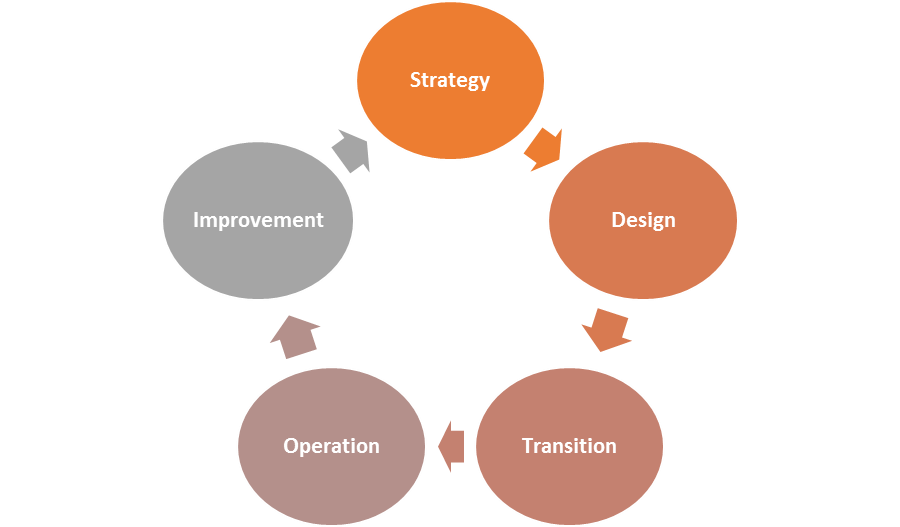Glasgow
Glasgow is largest city located in Scotland and third largest in the United Kingdom. Earlier, it was a part of Lanark shire which is now one of the 32 council areas of Scotland. Glasgow is located on River Clyde in country’s west central lowlands. People of Glasgow are referred as Glaswegians. Glasgow developed from a small rural settlement on River Clyde. Glasgow had become largest seaport in Britain. In the 18th century, it became a major centre of Scottish Enlightenment. From the 18th century, Glasgow has grown as one of the Great Britain’s central hub of trade including West Indies and North America. Glasgow focused on its heritage to attract tourists from various countries. Tourism is also a source of employment in Glasgow. In 1980, Hunter Ian Art Gallery was opened. In 1983, Collection of Burrel went on display in a museum in Pollock House grounds. In 1985, Scottish Exhibition and Conference centre was built. Clyde Auditorium was also added in 1997.
In the period of 1980’s and 1990’s, traditional manufacturing industries of Glasgow dropped. Service industries grew in Glasgow like retail, tourism and finance. In 1990 Glasgow School Museum of Education was opened. St Mungo's Museum of Religious Life and Art was opened in the year 1993. In 1999, Buchanan Galleries Shopping centre and Clyde Maritime centre was opened. In early 21st century, Glasgow thrived. IMAX cinema was opened in 2000 and Clyde Arc Bridge in 2006. At present, the population of Glasgow is 588,000.
Education
Glasgow has four universities within 1.5km area of city centre. These universities are a major centre of academic and higher research. Name of the Universities are:
University of Glasgow
University of Strathclyde
Glasgow Caledonian University
The University of West of Scotland
Saltire centre located at Glasgow Caledonian University is one of the busiest university libraries in the UK. Three further education colleges are there in the city that includes Royal Conservatoire of Scotland, Glasgow School of Art and Teacher training courses. In 2011 Glasgow had around 53,470 students which is higher than any other town in Scotland. Many live away from home in Dennistoun, Shawlands and West End of City. City council handles 29 secondary schools, 149 primary schools and three special schools. Special schools including Glasgow Gaelic school, Glasgow school of sport and Dance school of Scotland. Glasgow has various independent schools like Hutchesons Grammar School which was founded in 1639. Hutchesons Grammar School is one of the oldest school institutions in Britain. The oldest school in Scotland are Glasgow Academy, Kelvinside Academy, High School of Glasgow, Fernhill School and Craigholme School.
Economy
Glasgow has the largest economy in Scotland and third highest GDP per capita of any city in the UK. The city itself provides 410,000 jobs in over 12000 companies. Between 2000 and 2005 around 153,000 jobs were created and growth rate reached 32%. The annual economic growth rate of Glasgow is 4.4% and is now second to London. Dominant industries like shipbuilding, heavy engineering gradually got replaced. Major manufacturing industries in the city are Clyde Blowers, Linn Products, William Grant and Sons, Aggreko, Weir Group, Whyle and Mackay, Albion Motors, British Polar Engines and Edrington Group. Glasgow was once a most important city in the UK for manufacturing which generated great wealth for the city. Glasgow is now the second most popular foreign tourist destination in Scotland. In the 21st century, some call centres in Glasgow grew substantially. City’s primary manufacturing industries include engineering, construction, shipbuilding, brewing and distilling, printing and publishing, chemicals, textiles and new growth sectors like software development, biotechnology and optoelectronics.

 ENQUIRE
ENQUIRE
 REQUEST CALLBACK
REQUEST CALLBACK
 GET A FREE QUOTE
GET A FREE QUOTE


 Introduction
Introduction Course Details
Course Details Course Content
Course Content






 London
London